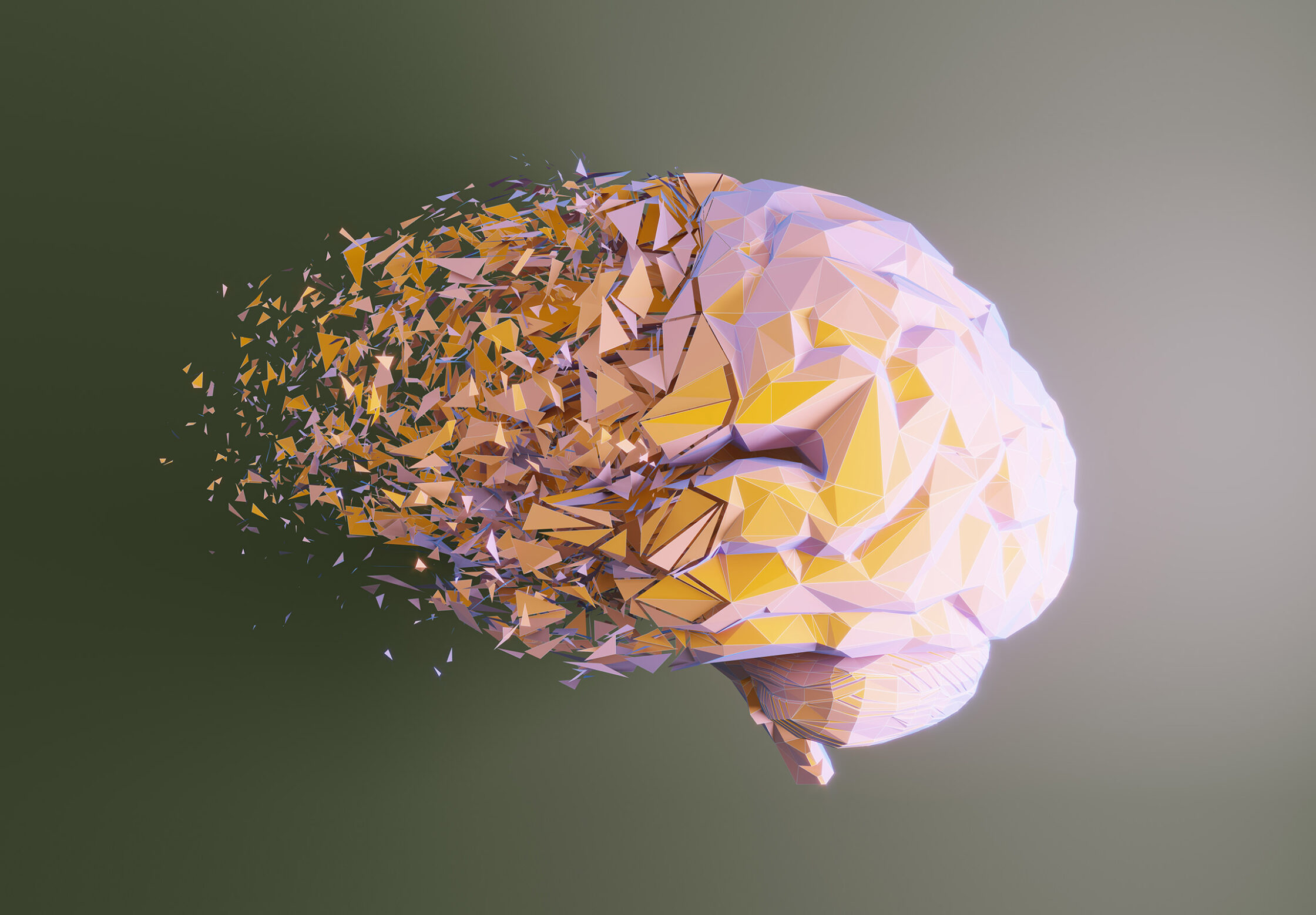Depression is one of the most common mental disorders in the United States. It’s characterized by persistent feelings of sadness and loss of interest in daily activities. Major depression can ultimately disrupt a person’s normal routine and functioning. It can also affect a person’s relationships, as well as their professional and social lives.
The good news is that treatment is possible and varied.
But what causes depression? This explanation is not so straightforward. Physically, depression is often marked by a change in brain chemistry, but depending on the person, different life circumstances can be a catalyst.
Family History
Research has shown that a family history of depression can increase a person’s likelihood of developing the disorder. Family history does not mean that you will always develop depression. Genetic factors can increase your risk, however.
Researchers were able to isolate a gene that appeared in multiple family members with depression. They also found that genetic factors contribute to an estimated 40 percent of all depression cases.
Related Mental Illnesses
Depression is more likely to occur in individuals suffering from other mental illnesses. Anxiety, post-traumatic stress disorder, and eating disorders can all increase a person’s risk of developing depression.
Other aspects of an individual’s personality may contribute, too. Someone with low self-esteem or perfectionist tendencies can be more susceptible to depression.
Serious Medical Illness
The stress from hospital visits, medical bills, and uncertainty about your or your loved one’s health can lead to depression. The medication that you are taking might also contribute to depressive symptoms. Certain medications increase the risk of developing depression and can exacerbate symptoms.
Major Life Changes
Life throws us curveballs. And sometimes these unexpected events can turn our world around. Major life changes such as losing a job, going through a divorce, or getting in a car accident can lead to feelings of depression that are hard to come out of.
History of Abuse
Physical, sexual, and mental abuse can increase a person’s risk of developing depression. Abuse that is ongoing or occurred in the past can lead to post-traumatic stress disorder and symptoms of depression.
Drug and Alcohol Abuse
Many people with depression also have problems with drug and alcohol abuse. An individual might start using drugs because of their depression or vice versa. Addiction can lead to other health and financial problems that can worsen depressed feelings.
Other Risk Factors
- Age. Depression is most common in young adults, aged 18-29, followed by adults aged 45-64. Depression often first occurs in young adults and can continue into adulthood.
- Sex. Depression occurs almost twice as often in females. Postpartum mood changes can be a contributing factor.
- Gender and sexual identity. Members of the LGBTQIA+ community are at a higher risk of developing depression due to cultural stigmas, bullying, and physical violence.
- Socioeconomic status. Financial problems and the struggles associated with poverty greatly increase an individual’s risk of developing depression.
Treatment
Depression is treatable and there are a variety of treatment methods available.
- Cognitive-behavioral therapy (CBT) – CBT involves working with a licensed therapist to identify unhealthy thinking patterns and replace them with positive ones.
- Psychotherapy – Psychotherapy, or “talk therapy” involves speaking with a mental health professional to unravel causes of depression and identify healthy coping mechanisms
- Medication – Medication such as serotonin reuptake inhibitors and antidepressants can help with depression symptoms.
- Lifestyle changes – Getting more sleep, exercising, eating healthy foods, and practicing meditation can help with depression symptoms.
There is no single explanation for what causes depression. A combination of genetic, environmental, and biological factors can contribute, and it will be different for everyone. Talking to a therapist or other licensed mental health professional can help you uncover the causes of your depression. Identifying the causes of your depression can be an important step in starting treatment. Reach out to Integrative Psychotherapy Group to learn more about how to get started.


